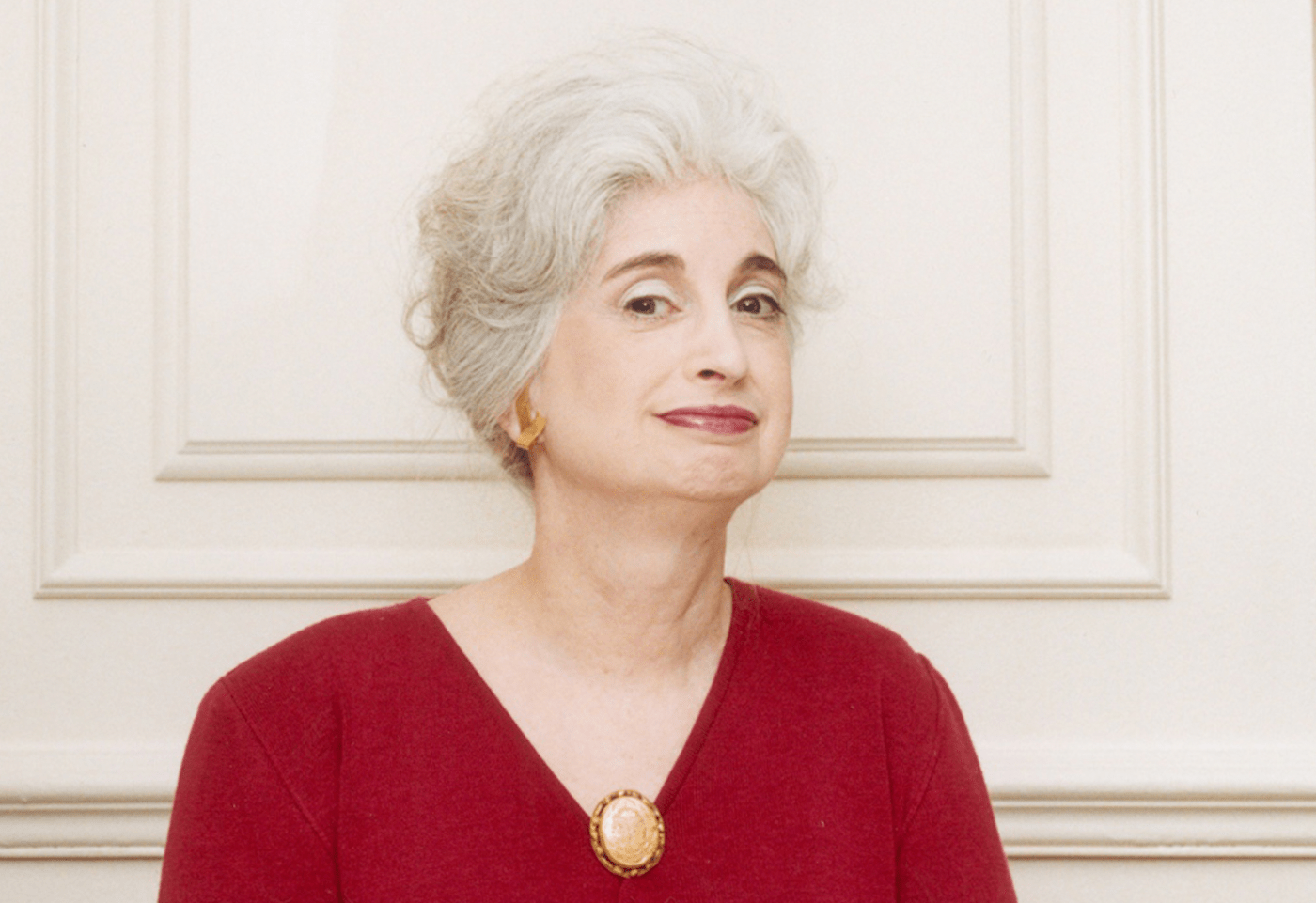DEAR MISS MANNERS: Should the bride and groom be shown the best man’s speech before the wedding? Or, if not them, someone else?
Related Articles
Miss Manners: This woman wagged her finger at me because of where I parked. Was I wrong?
Miss Manners: This T-shirt at the gym made me too angry to speak
Miss Manners: My houseguest’s sleeping quirk has an undesirable result
Miss Manners: A stranger in the restaurant insulted my scent and then walked out
Miss Manners: How can I fend off my neighbor’s poetry attacks?
GENTLE READER: What makes you think the best man needs vetting?
Oh, right — he is the bridegroom’s best friend, so it is not hard to guess his notion of what should be said. Miss Manners supposes that that is the problem. Perhaps that should have been considered before he was assigned the role.
But yes, the bridegroom can inquire, in the spirit of friendship, what his buddy is thinking of saying. He could even drop some remarks about the sensitivity of the crowd, and what topics should be avoided, however amusing.
But in the end, he has to trust that his best man will do his best to please him.
DEAR MISS MANNERS: Over the last few years, I have been introducing recently bereaved female relatives and friends as “the widow X.” I was surprised to learn that this offends some people, so thought I might vary the introduction with an occasional “the relict X.”
Which term do you think most women would prefer? In the case of a bereaved male, would the term “relicter” be appropriate? Thanks for any guidance you can offer.
GENTLE READER: Some guidance: Please stop annoying the bereaved by showing off your familiarity with defunct terms that identify them as leftovers.
DEAR MISS MANNERS: I have been slowly slogging through grad school — one course a semester — and after four long years, I’m finally going to graduate.
I work in the industry I’m going to school for, and I’d like to invite some of my co-workers out to dinner to celebrate. While I’d love to foot the bill for everyone, I’m not financially able to do so.
How can I tactfully word the invitation so everyone knows I’m inviting them to dinner, not treating them to one? I don’t want anyone to be embarrassed due to assumptions or expectations.
GENTLE READER: Here is a lesson about the real world: If you cannot afford to do something, you cannot do it.
It is true that getting others to pay your bills has become a national sport, whether it is through gift registries, fundraising drives or by charging people you claim to entertain. The ruse of “come and honor me at your expense” is a common ploy.
Miss Manners will not help you do that.
Why didn’t you ask, instead, how you could entertain your colleagues inexpensively? Perhaps you could treat them all to a toast in the office cafeteria, or in a bar after work. Or invite them to a weekend tea party.
Or you could just bubble over about how happy you are to be graduating and to have a great job working with people you admire. Then perhaps someone might think of toasting you.
Related Articles
Dear Abby: This grieving woman is accusing me of an affair with her husband
Ask Amy: I’m scared about what will happen at the wedding
Dear Abby: Turns out she never had cancer, and now she won’t return my ring
Ask Amy: How do I tell my boyfriend I don’t ever want to go to his house again?
Harriette Cole: I invited an Instagram friend to my house, and things got weird
DEAR MISS MANNERS: Is there any way to politely back out of an invitation one has already accepted?
I know this is done all too frequently for any reason, but there are some situations where something more important truly does come up. Is there a mannerly way to handle this?
GENTLE READER: Disease and death are excuses that any host should recognize as valid for canceling an invitation. “Something more important” is not.
Please send your questions to Miss Manners at her website, www.missmanners.com; to her email, dearmissmanners@gmail.com; or through postal mail to Miss Manners, Andrews McMeel Syndication, 1130 Walnut St., Kansas City, MO 64106.












